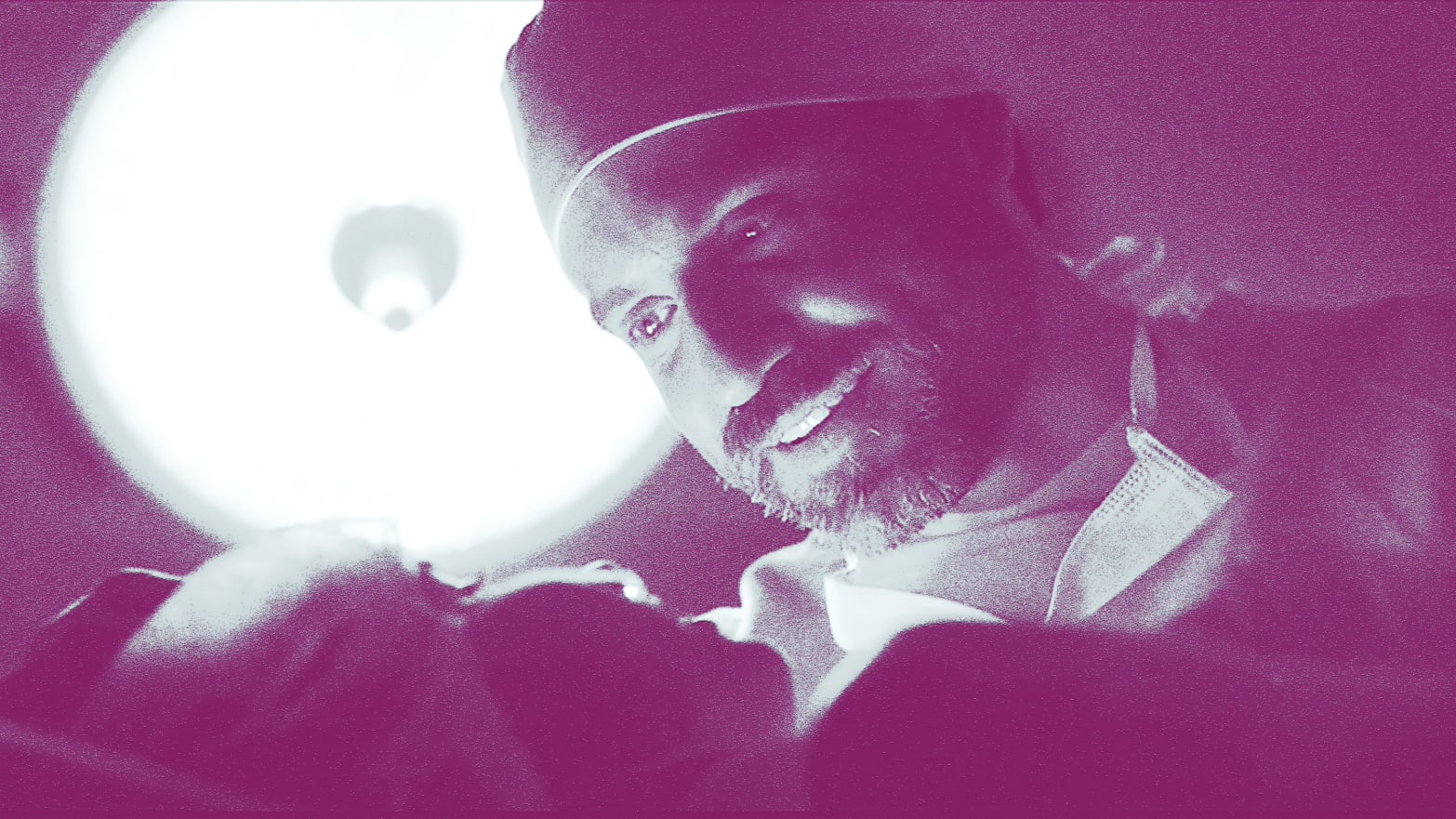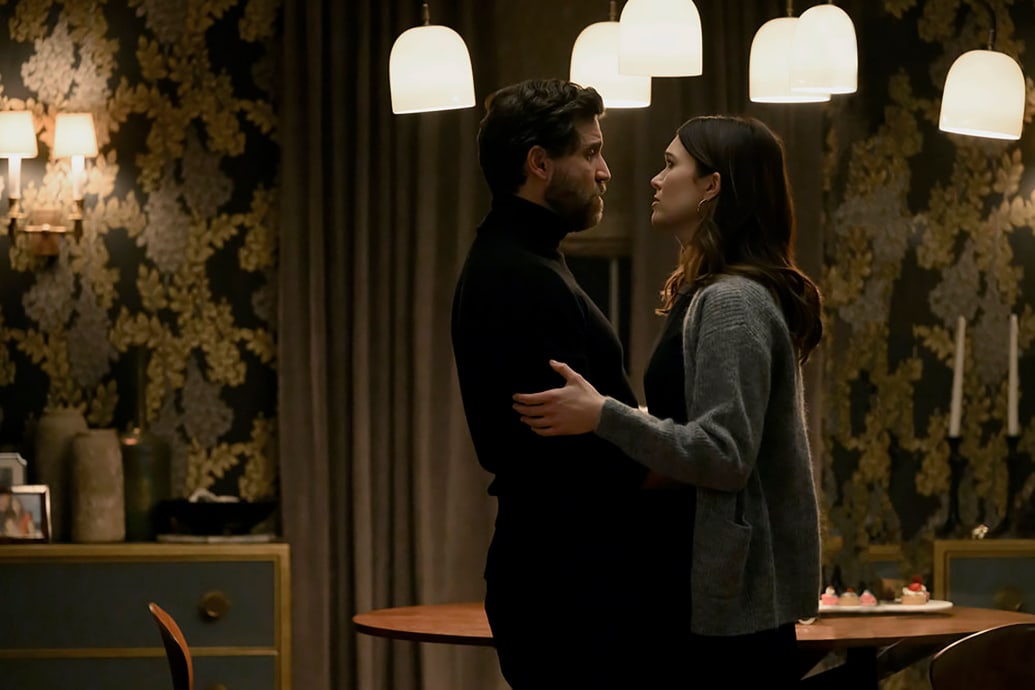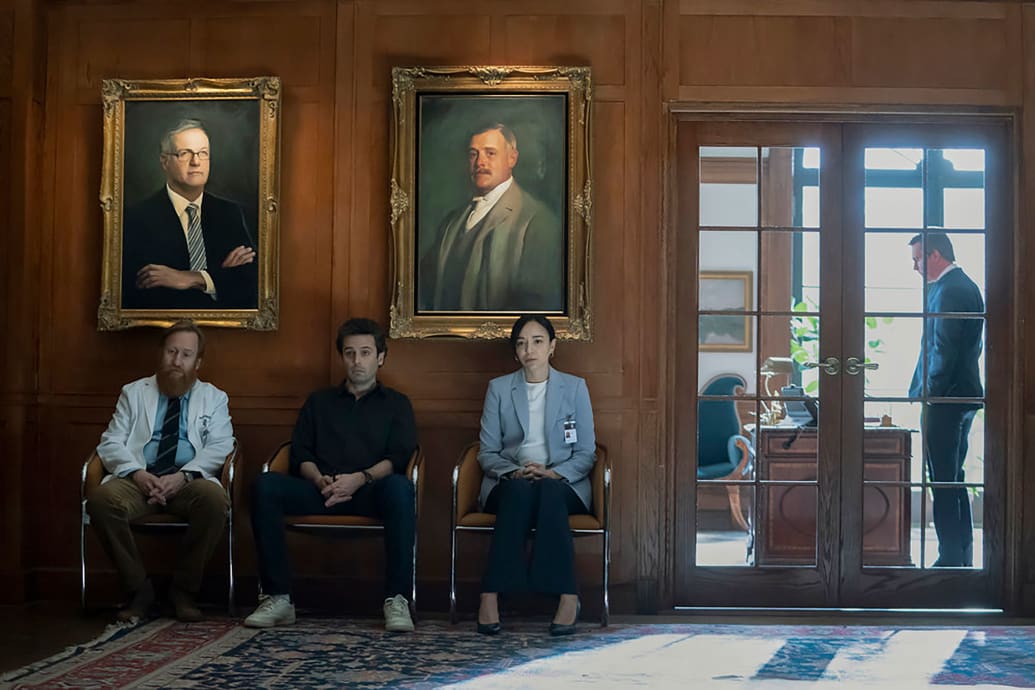‘Dr. Death’ Season 2 Will Make You Afraid of Hospitals for Life
PROGNOSIS DEADLY
There’s “medical malpractice,” and then there’s the deadly true stories of this Peacock anthology series starring Joshua Jackson and Mandy Moore.
By: Chris Vognar
December 15, 2023

When lawyers commit fraud, they get disbarred. When journalists commit fraud, they’re publicly disgraced and shown the industry door. But when surgeons commit fraud, they can kill people. Such are the mortal stakes and ghoulish appeal of Dr. Death, the Peacock anthology series whose creators realized that there have been enough high-profile medical butchers to form the basis for a franchise.
Season 1 focused on one Christopher Duntsch (played on screen by Joshua Jackson), a Dallas-area neurosurgeon who maimed and killed with artless abandon, drinking and drugging and raging through one botched procedure after another. Season 2’s subject, by comparison, is a far cooler customer. Paolo Macchiarini was a suave, seductive thoracic surgeon and researcher who shot to prominence with his pioneering use of biosynthetic tracheas, which he claimed would save lives. Instead, he left a trail of corpses and misery. It seems Macchiarini was essentially using his patients as experiments—human lab rats to test work that was, in fact, killing actual lab rats. Meanwhile, he was also stringing along NBC news producer, Benita Miller, who fell in love with him and helped spread his false gospel until she discovered he was as big a fraud outside the operating room as in.

It’s a nasty little story, one that was also told in the recent, salaciously titled Netflix docuseries Bad Surgeon: Love Under the Knife. But the dramatized version cuts deeper. It stretches out over eight episodes, allowing time for Edgar Ramírez’s Macchiarini to seduce not just Miller (played by Mandy Moore), his patients, and his colleagues, but the viewer as well. Purring out platitudes about saving lives, bragging of his (fake) friendship with the likes of Pope Francis, he’s the kind of dashing, sociopathic conman that Patricia Highsmith’s Tom Ripley would appreciate. Except Macchiarini does his killing with a scalpel.
Ramírez and Moore fill the series’ center, but some of the best work here is done on the periphery. Luke Kirby, as dour, skeptical American surgeon Nathan Gamelli, and Gustaf Hammarsten, as shaggy Swedish researcher Dr. Svensson, provide dramatic and ethical ballast to the romantic sizzle. The two work in Macchiarini’s shadow, Gamelli cleaning up his operating messes, Svensson carrying out his animal trials, and they both smell a rat, especially once the actual rats start keeling over. But Macchiarini, like many a conman, is a gifted salesman. He enlists an ambitious doctor (Ashley Madekwe) by dangling career advancement, and cows his boss (Jack Davenport) at Sweden’s Karolinska Institute , where Macchiarini was a visiting professor, with the lure of prestige. A common theme in both seasons of Dr. Death is the relative ease with which these killers kept plying their deadly craft even after loud alarms were sounded.

Originally based on a Wondery podcast hosted and reported by Laura Beil (a former colleague of mine, full disclosure), Dr. Death works by playing on the primal fear of betrayal by those who hold our lives in their hands and choose to play not God but the devil. The fact that there are enough such cases to keep a podcast and television series going is disturbing. In a sense, this is a horror anthology featuring trusted human monsters. The doctor will see you now.
